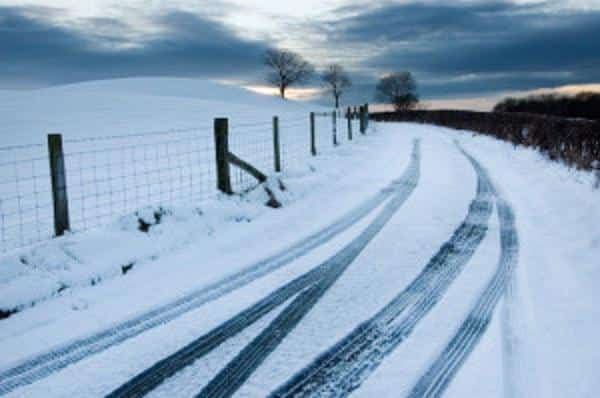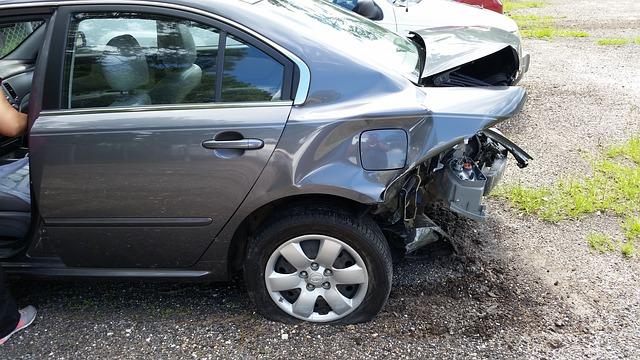The State of Colorado is rolling out a new speed camera program in construction zones, with an initial launch focused on Highway 119. Although the program is still in its early stages, the Colorado Department of Transportation (CDOT) is optimistic that it will help reverse a rapidly climbing rate of work zone fatalities.
Thousands of Colorado drivers will soon start seeing these cameras during their commutes. To that end, here’s what drivers need to know about fines, warnings, and future expansion.
Why is CDOT Installing Speed Cameras?
Work zone fatalities have been an important issue for Colorado’s state legislation, with rates almost doubling over the last two years — from 16 deaths in 2022 to 31 in 2024. This is despite a slight decrease in overall crashes during this time.
In response to this trend, CDOT is deploying automated enforcement tools to deter speeding in high-risk areas, with road construction zones being a high priority for the program. Similar efforts in other states have shown a 20%-30% decrease in serious work-zone crashes after enforcement begins, which can be improved with additional driver safety initiatives.
How Does the Speed Enforcement System Work?
This system relies on average-speed tracking across multiple points, each of which is enforced with photo radar. Cameras are placed at fixed points along the road, logging the timestamp of each vehicle to establish driving speed. If a car’s average speed exceeds the legal limit by 10 MPH or more, a violation is automatically recorded.
During the initial phase of this program, drivers will receive warning notices in the mail after infractions. When the warning period ends in Autumn 2025, these will be increased to a $75 civic penalty, which will be sent to the vehicle’s registered owner.
It’s worth noting that these are civil infractions, not criminal citations, which means that no points will be added to a driver’s license.
Here’s What Drivers Can Expect in Summer 2025
The first enforcement site is located on CO 119, between Boulder and Longmont, and is scheduled to begin on July 21, 2025. Drivers can expect clear signage around areas with active camera enforcement. Additional sites, likely including stretches of 1-79, will follow later in the year.
CDOT has stressed that the program is backed by a $3-5 million budget, which is designed with transparency in mind. All camera locations will be announced at least 30 days before enforcement begins, and the program will commence with a no-fine warning phase.
While CDOT hasn’t announced concrete plans to expand this program into school zones and high-risk traffic corridors, they have expressed an interest in doing so if the initial program shows promising results.
Drive Safely This Summer
Colorado’s new speed camera enforcement is a direct response to the rising number of fatalities in work zone areas. These crashes are lethal, sudden, and, most importantly, preventable. With clear signage, a warning period, and a focus on civil (instead of criminal) penalties, CDOT aims to reduce reckless driving and protect lives where it matters most on the road.


